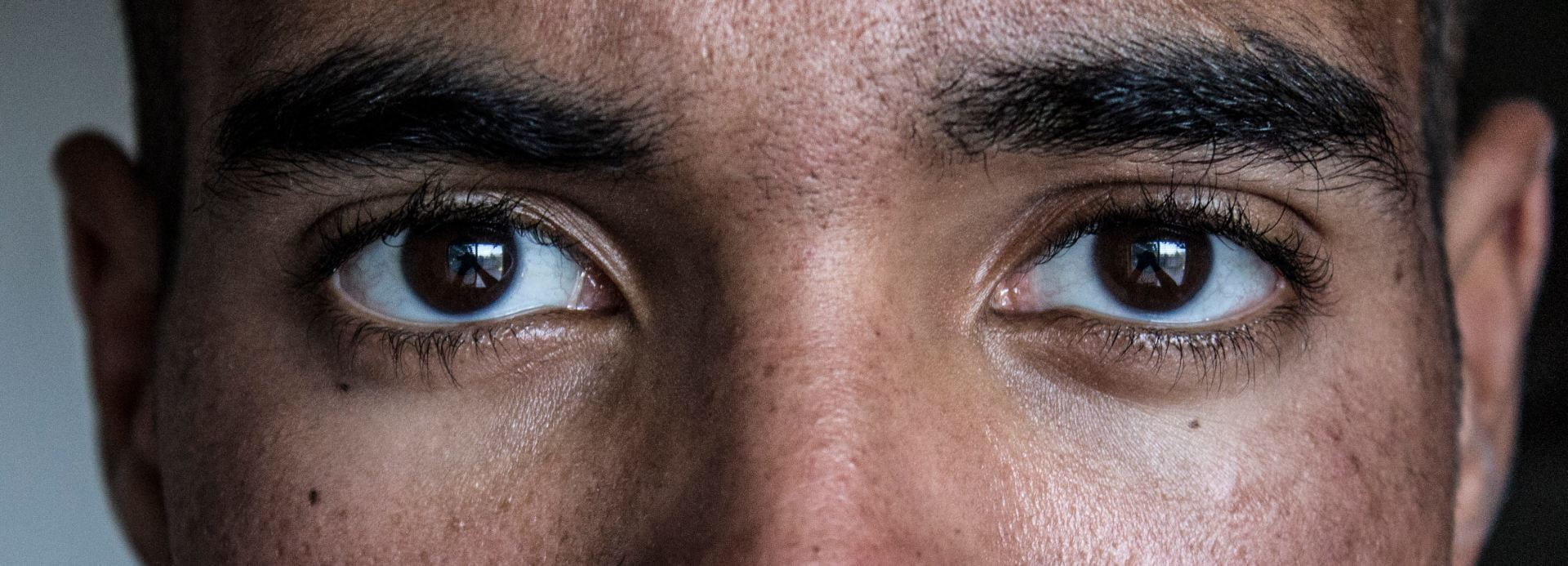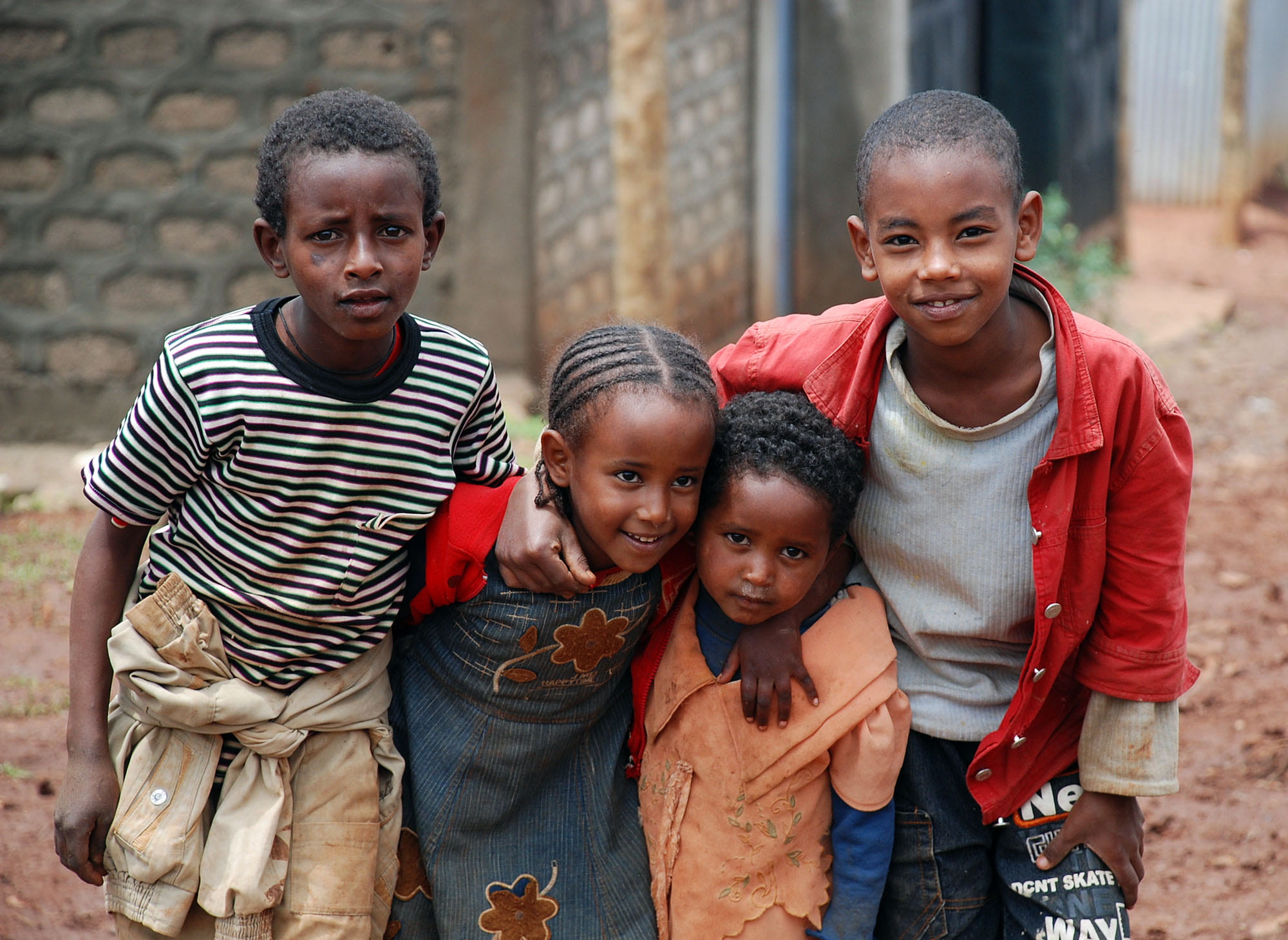In July of this year, I was a student in a graduate level study abroad program, Conflict Transformation across Borders, in Quito, Ecuador, through the University of Massachusetts in Boston. It was an intensive three weeks of learning about transnational conflict transformation, with an emphasis on the unique challenges of border zones. My intention was to mostly ignore the outside world while in Ecuador, to focus on my studies, but I continued to closely follow developments in a situation that had begun before I traveled to Ecuador. On June 23, 2018, twelve boys, members of the Moo Pa (Wild Boars) soccer squad, along with their coach, were trapped by flood waters in the Tham Luang Nang Non cave system, near Chiang Rai in northern Thailand.
I was keenly interested in this cave rescue situation from day one, because I am a long-time cave explorer, trained in cave rescue, and I lived in Chiang Mai (in northern Thailand) from 2012 – 2013. Also, some of my caving friends and acquaintances were involved in the rescue operation. Ultimately the entire world became captivated by the rescue effort which reached a successful conclusion on July 10, 18 days after the group became trapped in the cave. (Sadly, one of the rescuers, Saman Kunan, an ex- Thai Navy SEAL diver, lost his life during the rescue.) It was quite possibly the most difficult and technically challenging cave rescue operation ever conducted, and its success was due to an unprecedented level of international cooperation, with hundreds of expert volunteers from at least 20 nations including Australia, Belgium, Canada, China, Czech Republic, Denmark, Finland, Germany, Israel, Japan, Laos, Myanmar, Netherlands, Philippines, Russia, Singapore, Spain, Sweden, Ukraine, the United Kingdom, and the United States.
As the rescue and its aftermath unfolded, details about the boys and their coach emerged, and the international community learned that the coach and most of the boys are from ethnic minority groups, or “hill tribes,” and three of the boys as well as the coach are stateless. The area is in close proximity to the Thailand-Myanmar border, and is home to many stateless ethnic minorities. Around 500,000 stateless people are registered in Thailand – members of ethnic groups who for generations have moved across borders in the mountainous regions between Thailand, Laos, Myanmar, and China.
The high profile nature of the Thai cave rescue has served to raise international awareness of the plight of stateless people in Thailand, who cannot travel outside their home provinces, and are not eligible for basic government services such as healthcare and higher education. After the successful completion of the cave rescue, the Thai government promised citizenship to the three boys and their coach within six months, assuming there are no complications. Will this promise become a reality? It’s a powerful symbolic gesture to fast-track citizenship for the three Moo Pa soccer team members and their coach, but how does this help the rest of the 500,000 stateless people in Thailand who are waiting to start the process, or struggling to get through the process (which is often lengthy and complex)? Statelessness is a difficult problem to address, and can only be handled one case at a time. It took a massive cave rescue operation requiring international cooperation among 20+ nations to speed up the citizenship process for just four stateless individuals.
In partnership with the UNHCR, Thailand has pledged to end statelessness by 2024, and more than 27,000 stateless individuals have become Thai citizens since 2011. There are many reasons that people might be stateless, but typically it happens because of discrimination – religious or ethnic, for example. Those who are stateless have no nationality, and are denied basic human rights. The UNHCR estimates that there are 10 million stateless people worldwide, and UNHCR’s #IBELONG campaign seeks to end statelessness in the next decade. Everyone has the right to a nationality!
My hope is that the increased awareness of statelessness generated by the Thai cave rescue will help to bolster international support for the UNHCR’s #IBELONG Campaign to End Statelessness, not just in Thailand but worldwide. As individuals, we can help by signing up to support the campaign at http://www.unhcr.org/ibelong/ . Will you do it today?
Angela Morgan works for UAB Health System as a database administrator, and is a student in UAB’s Anthropology of Peace and Human Rights graduate program. Outside of school and work she has many interests including traveling, caving, hiking, backpacking, and photography.


